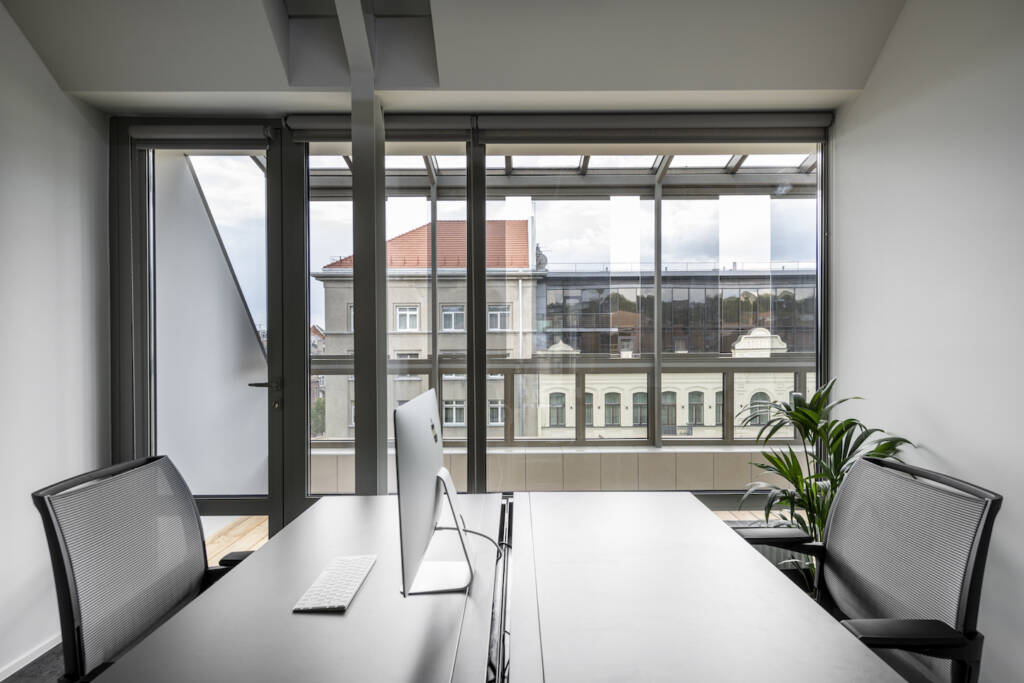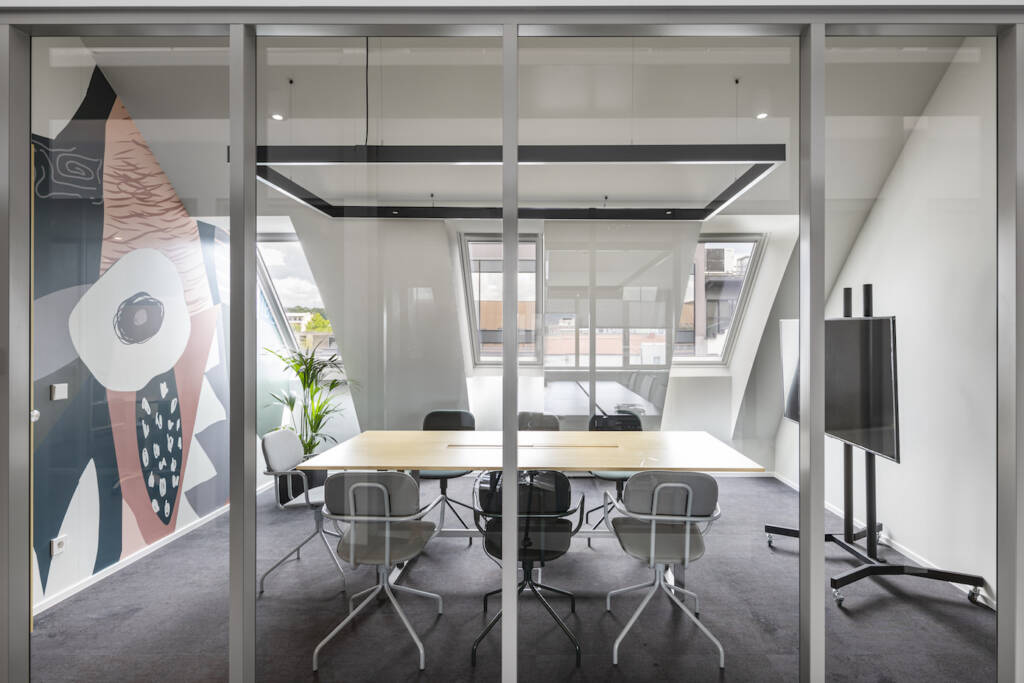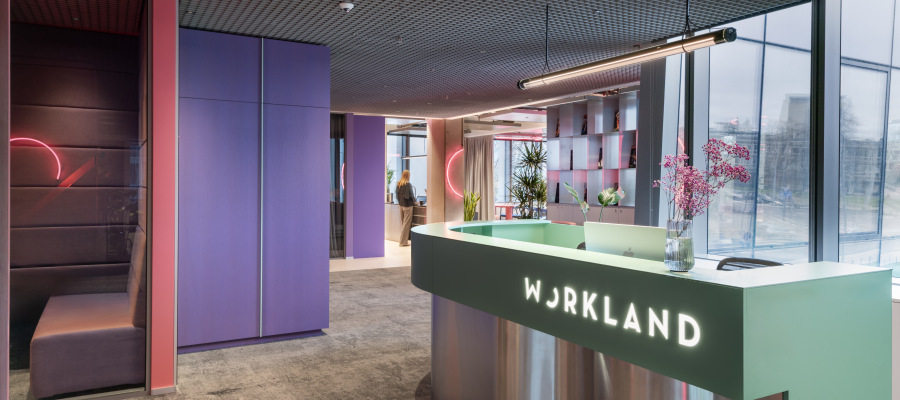We all are familiar with working-from-home (WFH) arrangements, mainly due to the recent COVID-19 restrictions. Still, recently another form of remote work, work-from-anywhere (WFA), has begun to emerge. Traditional work-from-home (WFH) programs offer temporal flexibility such as flexible work hours, while a work-from-anywhere (WFA) approach provides both temporal and geographic flexibility. In this case, remote workers can choose their location independently of the geographic location of the company; they have the freedom to live either close to family, in favourable climate or an economically more affordable area.

Is WFA something you should consider, and how does it influence the productivity?
The people in your organisation are the most significant asset your company has. Their creative input and ability to tackle the challenges form the competitive advantage. On the one hand, it’s critical to keep your team motivated, and flexible working policies have proven to be one of the most embraced elements to boost motivation. On the other hand, it’s also important not to compromise on the productivity scale when doing so.
Job flexibility engages employees
Engagement is an essential trait of the company culture as engaged employees are more enthusiastic, energetic and positive; they feel better about their work and workplace and have better physical health. Engagement isn't just a perk for leaders to enforce, it's a way leaders can improve KPIs. Gallup research shows that highly engaged workplaces can claim 41% lower absenteeism, 40% fewer quality defects, and 21% higher profitability.
And job flexibility increases engagement.

This is where the fast adaptation and willingness to change comes to play. “Most successful companies are the ones who can adapt fastest to changing needs and who use flexible solutions”, marks Indrek Hääl, CEO and founder of Workland.
Flexible working policies increase motivation & productivity
Working from home has proved to be rather successful practice. According to the research, WFH led to a 13 per cent performance increase (compared to working from the office), of which 9 per cent was due to fewer breaks and sick days, and 4 per cent was due to a “quieter and more convenient” work environment. Work-life balance generally improves when employees can work from home, though there are also some negative impacts like keeping the work-life boundaries and avoiding family-to-work conflict. Research on remote work has previously linked temporal flexibility to increased perceptions of job autonomy which is related to increased motivation on the job.
A WFA approach contains all of the benefits of a WFH and additionally awards the worker with geographic flexibility. It enables employees to live in a location with a lower cost of living than the location of the employer, allowing the employee to enjoy higher real income without an increase in nominal salary.

Another benefit of geographic flexibility is an option to choose the environment around, like a more favourable climate or other physical traits that enable employees to engage better with their hobbies or after-work activities. Surfers will probably select a location by the sea while the people enrolled in a university pick a city centre or place near the campus.
You are also able to choose the working environment that best suits your needs. Workland Group CEO Indrek Hääl points out that “business leaders should empower employees to work exactly where they are personally most productive, whether it is at the office, home or a nearby coworking space. The key is in flexibility, allowing to change things when there are a will and a need.”
Coworking spaces are not just for micro-enterprises. Hääl recommends companies of any size to look into their current need of office space, “I recommend to go over some old practices of the office planning. It might be smart to use many smaller venues instead of a big headquarter complex for larger corporations. On the other hand, many small companies and freelancers can benefit from tightening the communication while sharing a workspace. Coworking spaces represent a great solution by bringing together like-minded people and offering a variety of areas for different styles of work.”
“Workspace flexibility is not just about savings or the temporary need for social distancing; it’s a strategic approach supporting employee well-being, productivity and ultimately the profitability of the businesses.” marks Hääl.
Read more about remote work:




